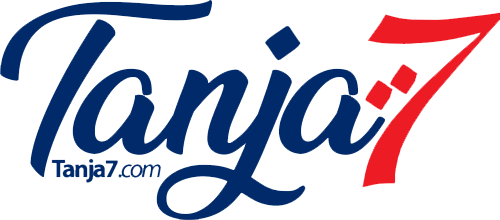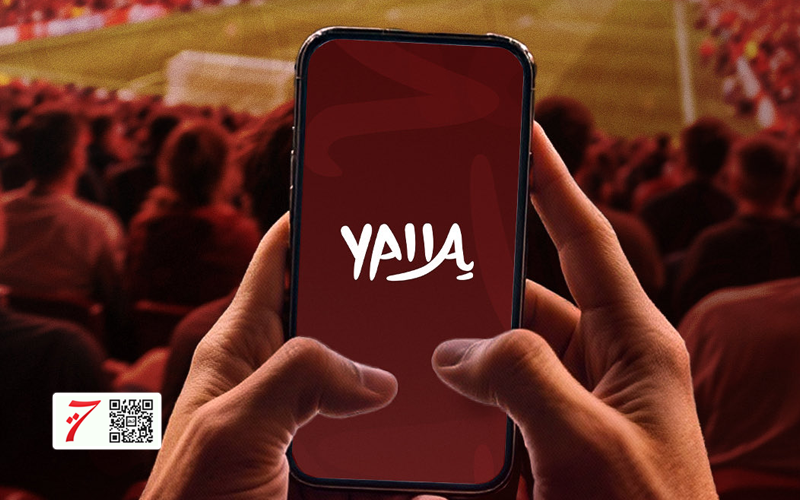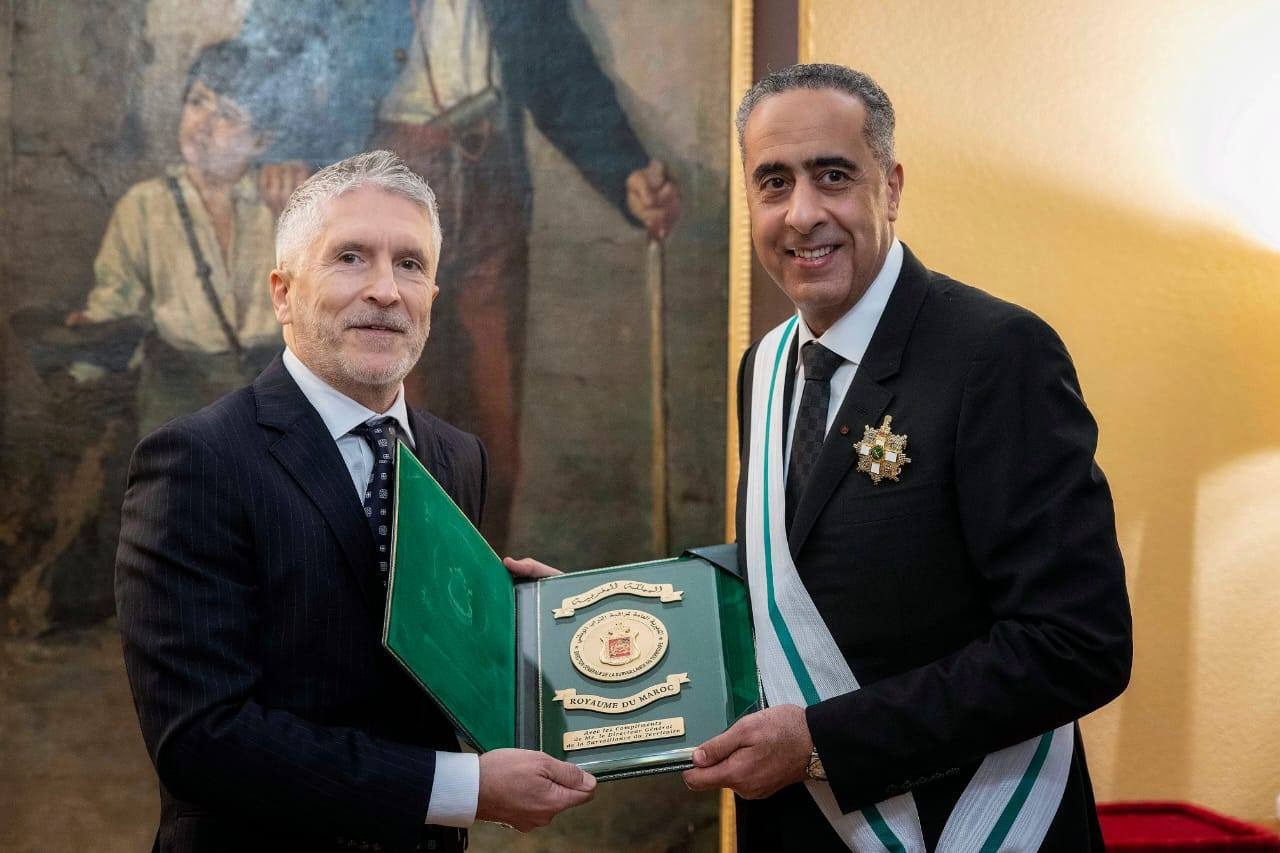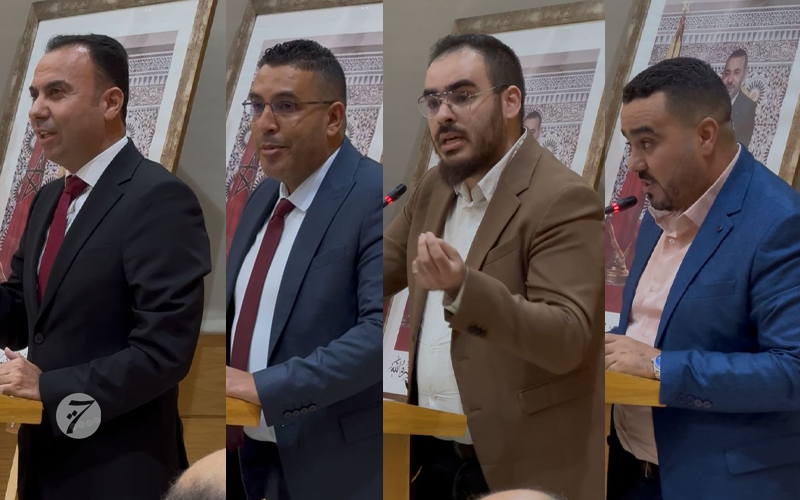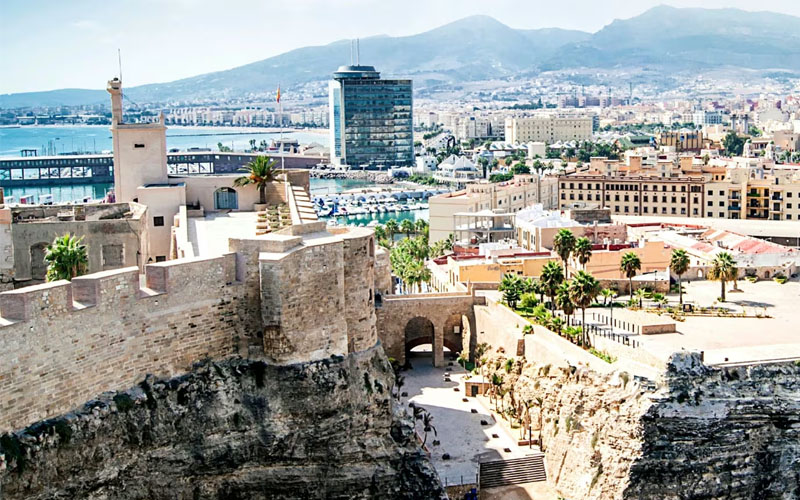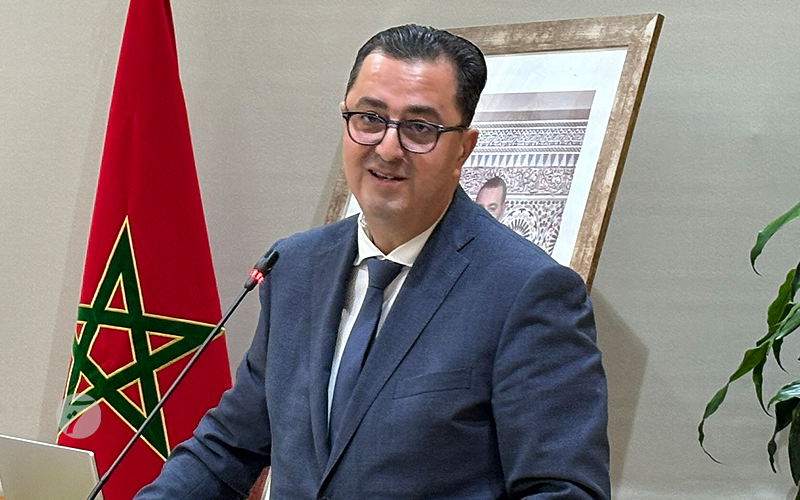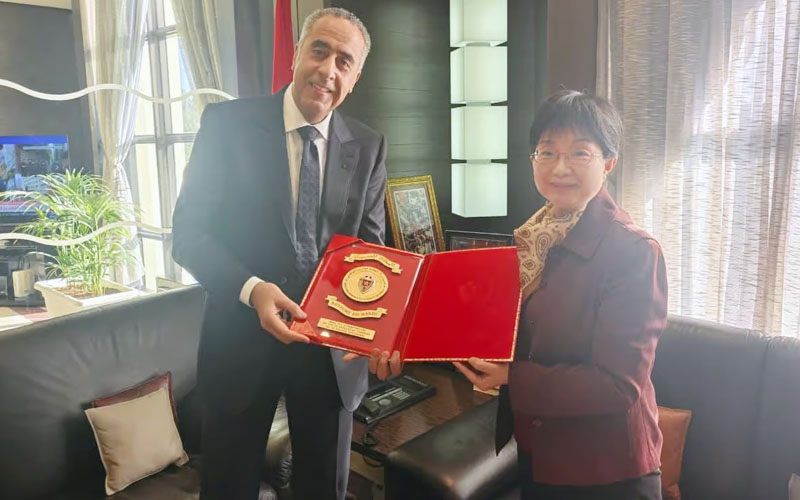In preparation for Morocco’s hosting of the 2025 Africa Cup of Nations (TotalEnergies CAF AFCON), the app “YALLA” has become a focal point of widespread controversy following its public launch on October 13.
Launched on September 25, 2025, as the “official companion for fans,” the app quickly turned into a symbol of organizational failure due to technical and security issues, poor design, and unprofessional support responses, including spelling errors in French.
As ticket sales started on October 13, outrage erupted on social media, threatening to cast a negative shadow over the tournament set to take place from December 21, 2025, to January 18, 2026, in cities including Rabat, Casablanca, Marrakech, and Tangier.
Yalla: The Grand Digital Promise and Its Stated Goals
The “YALLA” app is presented as a comprehensive platform aimed at enhancing the fan experience. Available on iOS and Android, the app combines essential services such as:
- Fan ID: Mandatory for entry into stadiums and fan areas, created via the app to ensure smooth access.
- Ticket Sales: A 48-hour reservation window for Visa cardholders before public sales begin on October 15.
- e-Visas: Simplifying the issuance of tournament visas for foreign fans, along with hotel and transport bookings.
- Exclusive Content: Live updates, stadium maps, security alerts, and customized content to enhance engagement.
CAF confirmed that “YALLA” will be “the main gateway for fans,” making the tournament “the most digitally connected in the history of the Africa Cup of Nations,” with an expected participation of over 100,000 fans from 54 African countries.
The app is also part of the “Takeoff 2025” plan to modernize infrastructure in Morocco in preparation for the 2030 World Cup.
Failed Launch: Technical Glitches and Design Complaints
Ticket sales commenced on October 13 at 9 AM Moroccan time, but anticipated excitement turned into collective frustration. Thousands of users encountered widespread technical failures, including login errors, delays in verification codes, and repeated crashes while creating the Fan ID or completing purchases.
The official help desk confirmed a “technical glitch” resulting from “a high number of users,” but this did little to quell the anger.
Design issues emerged as a critical factor in the chaos. The app was criticized for an interface that hinders navigation and increases error rates. Users reported difficulties loading the app, unresponsive interfaces on various devices, freezing screens during identity checks, and a lack of support for non-biometric passports.
Critics described the app as a “failure in digitization” and pointed out its unpreparedness for the anticipated pressure, despite a previous delay of the initial sales phase in September due to an earlier platform crash. These issues are not unprecedented; similar applications faced design challenges during past sporting events, such as the 2022 World Cup in Qatar, leading to fan frustration.
Technical Support: Unprofessional Responses and Linguistic Errors
The issues extended beyond design and glitches to the support service, which was labeled “unprofessional” by numerous users. Despite providing a phone number and multilingual support (Arabic, French, English), Moroccan and foreign fans reported not receiving replies to their repeated messages, resulting in missed ticket purchase opportunities during the reservation window.
One user noted: “I wrote several times seeking a solution, but there was no technical support!” indicating challenges in accessing stadiums as a Moroccan fan.
Additionally, French, the second language in Morocco, drew criticism for spelling and grammatical errors in the texts within the app and automated responses, reflecting a lack of linguistic editing, particularly given the emphasis on francophone audiences from West Africa. This is seen as indicative of hasty development without adequate testing, raising questions about awarding contracts to unqualified companies.
Broader Controversy: Security Concerns and Corruption Allegations
The failure of “YALLA” occurs within the context of larger organizational challenges, such as delays in stadium construction and controversy over visas for African countries. Critics are concerned about security risks, as the app handles sensitive data like passports without a clear privacy policy, potentially violating Law 09-08 on personal data protection.
Allegations of corruption surrounding contract awards have also emerged, prompting calls for investigations from consumer associations. On a positive note, some users (about 13,000 in the initial registration) successfully completed the process, and CAF issued a statement promising swift solutions. However, observers believe that this “ultimate chaos” could damage Morocco’s reputation as a host.


